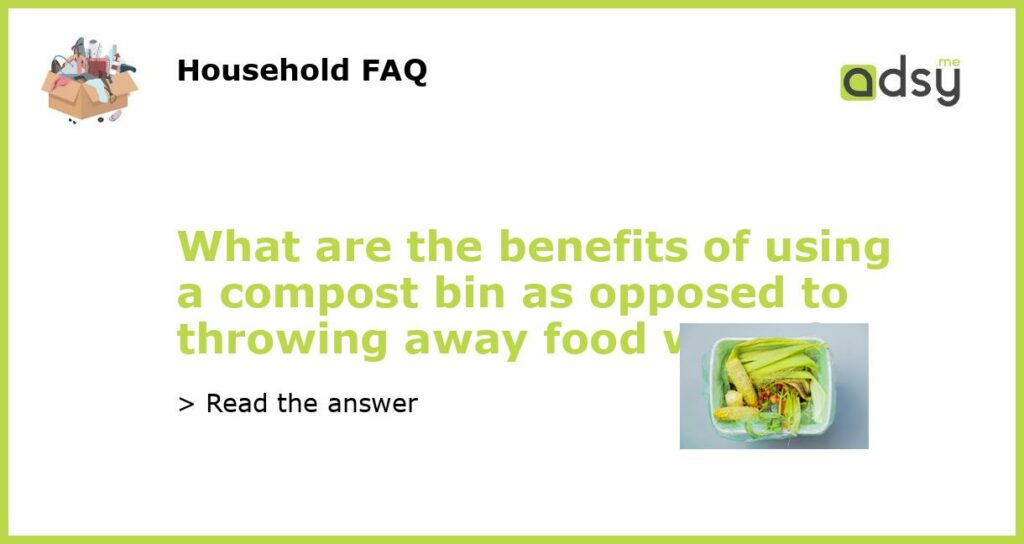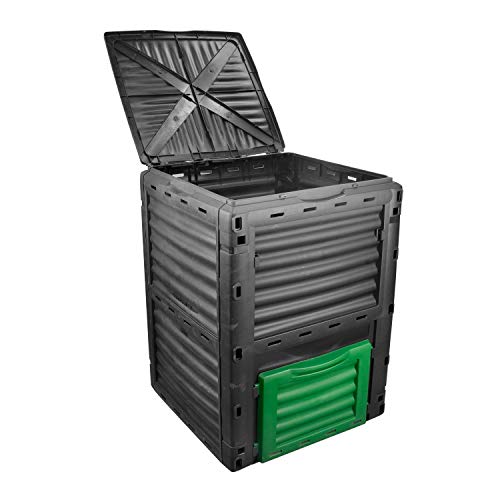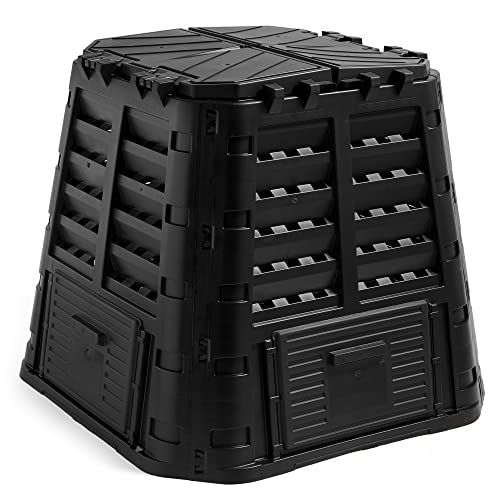5 Benefits of Using a Compost Bin for Food Waste
Food waste is a huge problem worldwide, with millions of tons being thrown away each year. However, there is a solution that not only reduces food waste but also has many benefits for the environment and your garden. Composting is the process of turning organic waste into nutrient-rich soil, and using a compost bin makes it easy and convenient. Here are five benefits of using a compost bin for food waste:
Reduces Methane Emissions
When organic waste is sent to landfills, it decomposes without oxygen and produces methane gas, a potent greenhouse gas that contributes to climate change. By composting food waste, we can divert it from landfills and reduce methane emissions. Composting also produces a soil amendment that can be used to grow healthy plants, completing the cycle of nutrient cycling.
Saves Money on Fertilizer
Compost is a natural soil fertilizer that can replace synthetic fertilizers, which can be expensive and have negative environmental impacts. Using compost in your garden or yard improves soil structure, increases water retention, and supports healthy plant growth, which reduces the need for chemical inputs. By composting food waste, you can save money on fertilizer and improve the health of your plants.
Improves Soil Health
Composting food waste adds organic matter to the soil, which improves soil health and structure. Soil organic matter enhances soil water-holding capacity, improves soil structure, increases soil fertility, and reduces soil erosion. By using compost in your garden, you can create healthy soil that supports plant growth and protects the environment.
Reduces Landfill Space
Food waste is a major contributor to landfill waste, taking up valuable space and producing harmful greenhouse gases. By composting food waste, we can reduce the amount of waste sent to landfills and free up space for other uses. Composting reduces the need for landfill space and promotes sustainable waste management practices.
Creates a Self-Sustaining System
Composting creates a closed-loop system in which waste is converted into nutrient-rich soil, which is used to grow new plants. By composting food waste, you can create a self-sustaining system in your garden that reduces waste, improves soil health, and supports healthy plant growth. Composting is a simple and convenient way to turn food waste into a valuable resource.






